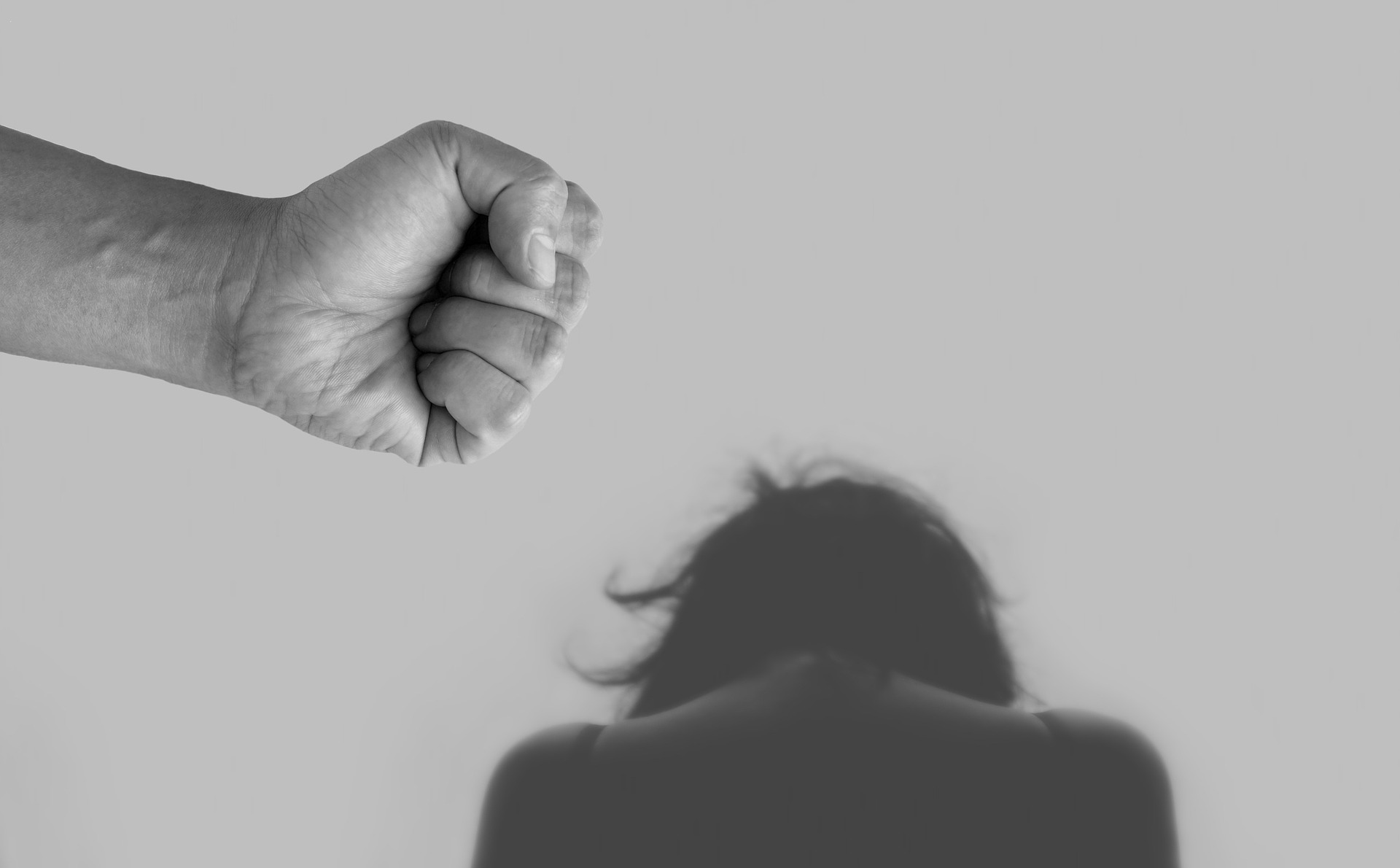PCW, inter-agency council spearhead campaign to end violence against women
The Philippine Commission on Women (PCW), together with the Inter-Agency Council on Violence Against Women and their Children (IACVAWC), spearheaded an event on Tuesday, Nov. 28, to launch the 2023 18-Day Campaign to End Violence Against Women (VAW).

The event, titled "Bawat Pilipino para sa VAW-free Pilipinas," held at the GSIS Theater in Pasay City, aimed to gather sentiments and insights from individuals and entities and present strategies for creating a VAW-free environment.
The PCW urged the public to delve into understanding violence against women and adopt prompt approaches to addressing it.
"Today, it is our call to action, a reminder of our crucial role in fostering equality and empowerment," said PCW Executive Director and Officer-in-Charge Kristine Rosary E. Yuzon-Chaves.
Chaves noted that, based on the 2022 National Geographic and Health Survey, one in five women with intimate partners has faced the threat of emotional, sexual, and physical violence.
"Violence against women is not a distant concern," she said. "It is a grave and immediate crisis, manifesting a spectrum of brutality from bruises to shattered bones," she added.
Social experiments on violence against women
The PCW also shared that it conducted social experiments with different scenarios, including men hurting and shaming women publicly, which elicited various responses from the public.
PCW Deputy Executive Director for Operations Maria Kristine Josefina Balmes emphasized the need to assess public awareness of violence against women, considering the 20-year duration of the campaign.
Balmes mentioned that the Anti-VAWC and Trafficking in Person laws were in their 10th year since passing, and the social experiments helped the PCW evaluate public reactions to witnessing such abuses.
She added that the purpose of the social experiments is also to determine if the culture of a place can affect perspectives on social issues like violence against women and children.
Public awareness
The PCW posed questions to gauge public knowledge about VAW and where to seek help during violent incidents.
The public responded that women could call upon family and friends, the Department of Social Welfare and Development (DSWD), the women's desk in a barangay, agencies, and organizations that protect women's rights, the women's desk in a police station, and the media.
The public described VAW as physical violence, psychological abuse, economic abuse or lack of financial support, and sexual harassment or rape.
Specifically, 30 respondents were knowledgeable about the VAWC Act; 17 had "little" knowledge, and two had no idea.
Meanwhile, most people agreed that women who abuse their partners can also be punished by law in the case of same-sex relationships, with 27 respondents being aware of it, while nine respondents had no idea.
However, regarding knowledge of the "age of consent" for "sexual intercourse," 43 respondents admitted they had no idea, and only three respondents knew the correct age, which is 16 years old according to Republic Act 11648.
Also, 43 respondents knew that there is still a violation of the rights of an individual if "sexual intercourse" was forcibly done even between married couples, while six respondents were unsure.
IACVAWC website
The IACVAWC, an organization collaborating with the government, communities, and agencies to implement actions under Republic Act 9262, has launched its website.
The IACVAWC stated that the website aims to disseminate information on VAWC, develop communication, and serve as a foundation of knowledge on its projects and programs.
Included on the IACVAWC website were lists of hotlines where people can report abuses.